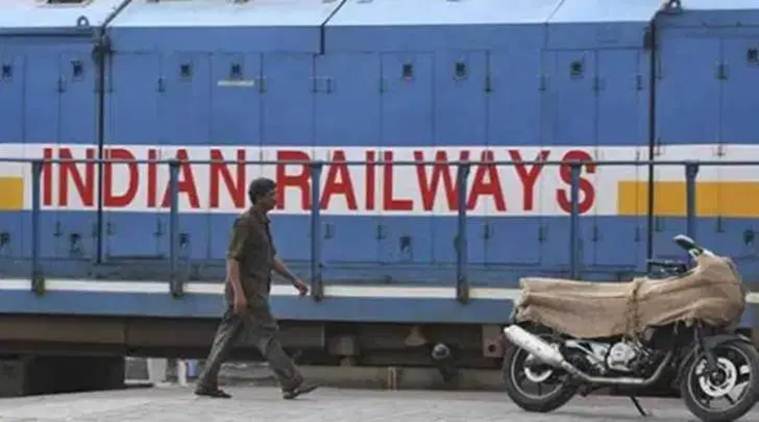 The national transporter’s invitation of “request for qualification” proposals comes around eight months after an empowered group of secretaries led by NITI Aayog CEO Amitabh Kant started steering the long-pending subject. (File Photo)
The national transporter’s invitation of “request for qualification” proposals comes around eight months after an empowered group of secretaries led by NITI Aayog CEO Amitabh Kant started steering the long-pending subject. (File Photo)
The Indian Railways on Wednesday took its first formal step towards opening up its network to private firms, inviting proposals to operate a total of 151 modern trains on 109 pairs of routes.
The project, intended to break the Railways’ longstanding monopoly in running rail services, would entail a private sector investment of around Rs 30,000 crore.
The national transporter’s invitation of “request for qualification” proposals comes around eight months after an empowered group of secretaries led by NITI Aayog CEO Amitabh Kant started steering the long-pending subject.
Global rolling stock manufacturers with Indian partners are expected to be keenly interested in the contract. Sources said that Chinese companies will not be entertained given the current tensions with Beijing. The Railways, however, has not officially commented on the subject.
“The objective of this initiative is to introduce modern technology rolling stock with reduced maintenance, reduced transit time, boost job creation, provide enhanced safety, provide world-class travel experience to passengers,” the Railways said in a statement.
The 109 origin-destination routes have been divided into 12 clusters across the rail network. Each train on these routes shall have a minimum of 16 coaches, it said.
The Railways also said that a majority of these modern trains are to be manufactured in India; the private entity shall be responsible for financing, procuring, operating and maintaining them.
The trains will be designed for a maximum speed of 160 kmph and the running time between a pair of origin and destination stations is envisaged to be less than what trains currently take.
To make the deal viable for private players, the Railways has decided to levy haulage charges by delinking the cost of energy consumed by the train.
The trains will be operated by drivers and guards of the Indian Railways and the private entity will share its revenues with the national transporter. The concession period for the project shall be 35 years and the private entity shall pay the Indian Railways fixed haulage charges, energy charges as per actual consumption and a share in gross revenue determined through a transparent bidding process, the transporter said.
The operation of the trains by the private entity shall conform to the key performance indicators like punctuality, reliability, upkeep of trains etc, Railways said.
Operation and maintenance of the passenger trains would be governed by standards and specifications, and requirements specified by Indian Railways, it added